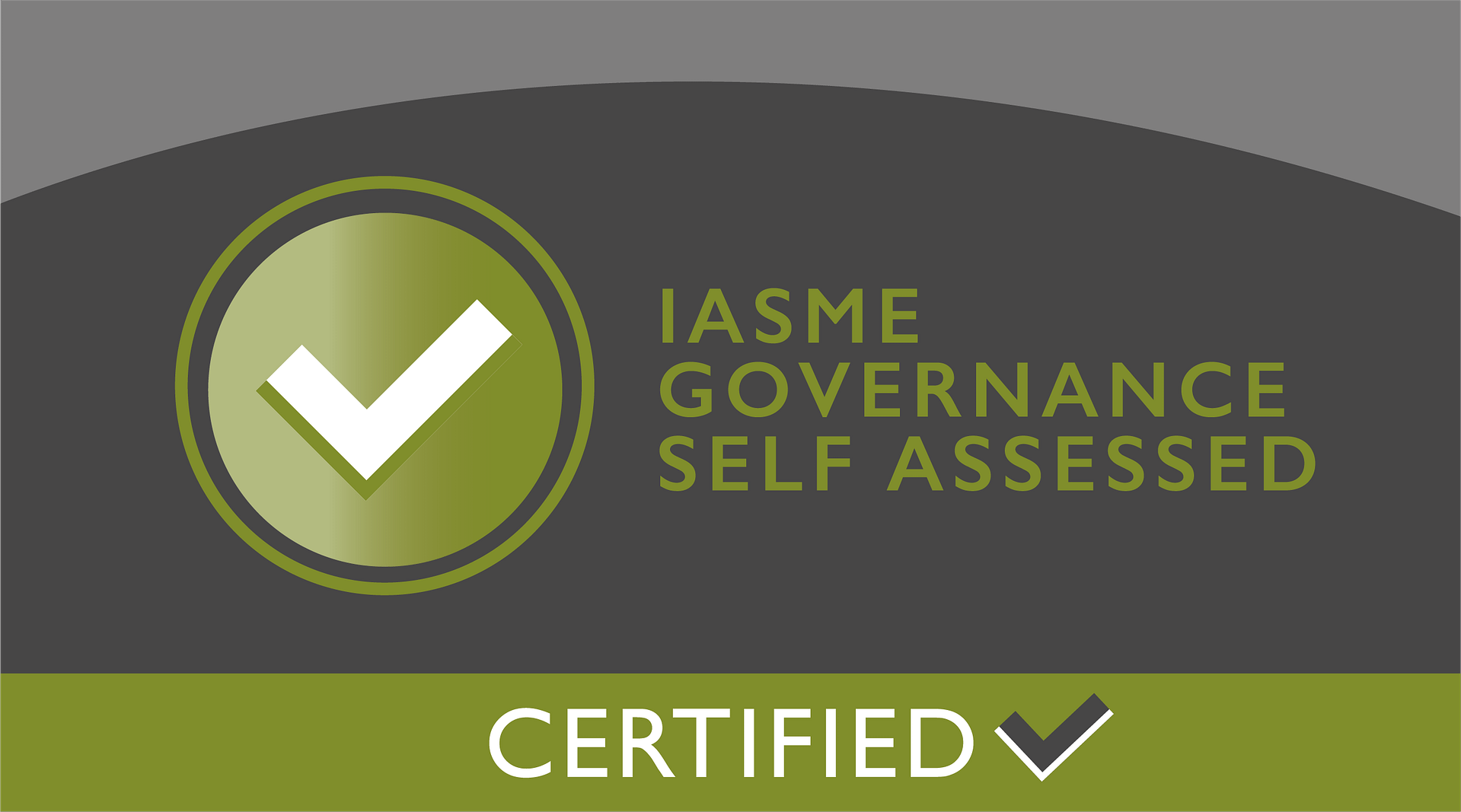The future of work is human-centric. Assembly delves into the importance of flexibility and user-centric solutions.
Human-centric is a way of thinking that brings out your best and helps you transform the challenges that block high-quality collaboration, creativity and innovation.
The relationship between employee and employer has changed. Progressive organisations are shifting from an employee-centered value proposition to a human-centered value proposition that treats employees as people, not workers.
Humanise your employee value proposition and improve business outcomes
The impact of 2020 on our lives has been universal. It has created seismic waves in the world of work, providing an opportunity for companies to pause, reset and revaluate their working policies and business assets in this new era of uncertainty.
Likewise, employees – who have been exposed to greater flexibility and autonomy – are also giving more thought to how, where and when they want to work. They are paying more attention to the benefits that employers offer, prioritising their wellbeing and safety more than ever before.
Businesses must now explore ways to adopt a hybrid and human-centric approach. Engaging their workforce and embracing a new style of working that places the employee at the core in the future of work.
Make way for a more human-centric approach
The employee value proposition for a postpandemic workforce must orient toward employees as people, not workers; provide an exceptional life, not work, experience; and focus on the feelings, not just the features that match employee needs. The pandemic has changed the relationship between people and their work, and the employee value proposition (EVP) must evolve to reflect these changes. Employee engagement hasn’t improved tangibly since 2016 — and then came COVID-19.
Conventional employee value proposition is on shaky ground
Persistent engagement and attraction challenges, and the human crises of 2020, have proven that the management principles underlying the EVP are outdated. EVPs have long been managed with three principles in mind: defined around employees, designed to provide an exceptional employee experience and focused on delivering features that match employee needs.
This traditional approach to employee value proposition is falling short. Research indicates that the problem could be too much focus on “what we give employees” rather than “why.”
Employee sentiment and satisfaction
Business leaders must evolve their EVP management by delivering a more human deal centred around the whole person, designed to provide an exceptional life experience and focused on the feelings and features that match employee needs. The new human deal comprises five components: radical flexibility, deeper connections, personal growth, holistic well-being and shared purpose.
A more human deal
In delivering on all aspects of this human deal, people perceive emotional value in employment in the organisation by enabling them to feel more autonomous, understood, invested, cared for and valued. This reinvented EVP, designed to deliver an exceptional life, not just work, experience, results in higher employee satisfaction and better business outcomes.
“When leaders can generate these emotions in employees, both organisations and the human beings that comprise them win.”
- Radical flexibility — Empower employees to feel autonomous by providing flexibility on all aspects of work, not just when and where they work.
- Deeper connections — Help employees feel understood by strengthening their family and community connections, not just work relationships.
- Personal growth — Ensure that employees feel valued by helping them grow as people, not just as professionals.
- Holistic well-being — Reinforce that employees feel cared for by ensuring they actually use holistic well-being offerings, not just make them available.
- Shared purpose — Make sure employees feel invested in the organisation by championing action by the organisation on societal and cultural issues (and don’t just make statements about “purpose.”)
The employee deal has evolved since COVID-19, and progressive organisations are working to increase both engagement and productivity.
Talk to one of our team today to learn more about our capabilities; how we’re bringing people, business and technology together; and what this means for you.






